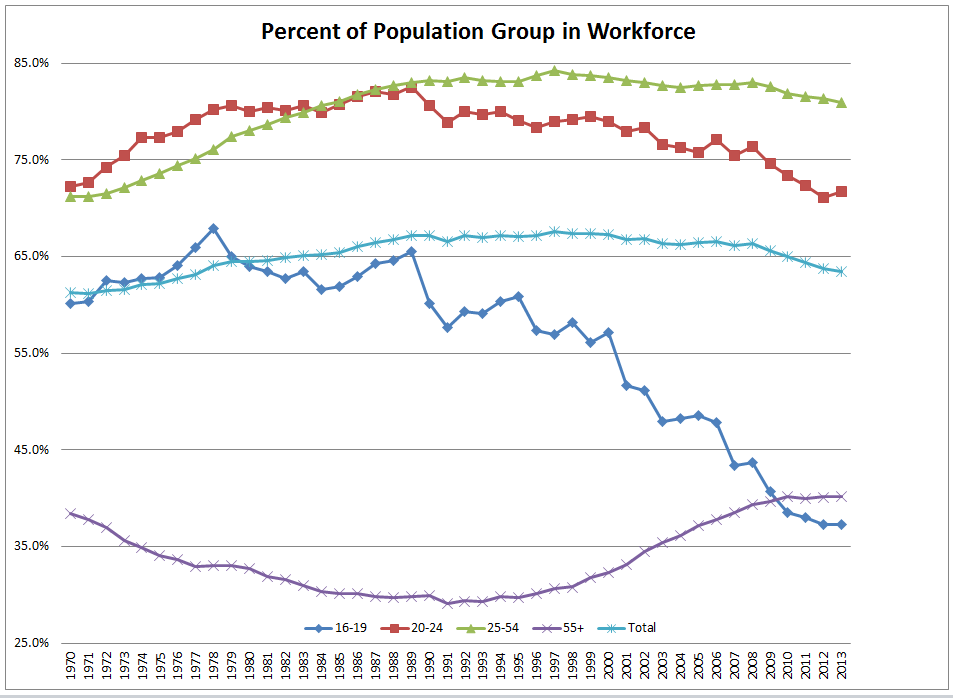MarinaHighTennis
Hall of Fame
Hey guys so I've come to a dilemma...
I'm a fourth year biology major and I'm afraid my GPA isn't high enough for medical school. Even now, I look back and wished I had gone into engineering, comp sci, or biomedical engineering. I realized I've gone into a path due to my parents dreams when I had grown up building circuits, lightbulbs, models, things to do with creativity and imagination with the hands on aspect.
Anyways med school GPA is 3.7 at least. My GPA is only 3.5 and with so much units (200+) its impssoble to raise it to a 3.7 by application. Also, there's the MCAT and going off past experience with test taking skills: I'm bad at standardized tests.
I've come to a point where I know dreaming for medical school isn't logical but its too late to change career path or major. What is the other alternatives to med school. Even dental school is 3.7. I don't want to be a physical therapist, etc but I'm asking what are my options in life. I've known bio majors with 3.2 go nowhere in life as there isn't any solid jobs in the bio related field besides med. One person I know ended up working at a bakery for min wage...
I'm a fourth year biology major and I'm afraid my GPA isn't high enough for medical school. Even now, I look back and wished I had gone into engineering, comp sci, or biomedical engineering. I realized I've gone into a path due to my parents dreams when I had grown up building circuits, lightbulbs, models, things to do with creativity and imagination with the hands on aspect.
Anyways med school GPA is 3.7 at least. My GPA is only 3.5 and with so much units (200+) its impssoble to raise it to a 3.7 by application. Also, there's the MCAT and going off past experience with test taking skills: I'm bad at standardized tests.
I've come to a point where I know dreaming for medical school isn't logical but its too late to change career path or major. What is the other alternatives to med school. Even dental school is 3.7. I don't want to be a physical therapist, etc but I'm asking what are my options in life. I've known bio majors with 3.2 go nowhere in life as there isn't any solid jobs in the bio related field besides med. One person I know ended up working at a bakery for min wage...

